Make Your Raspberry Pi Mobile with the NoodlePi
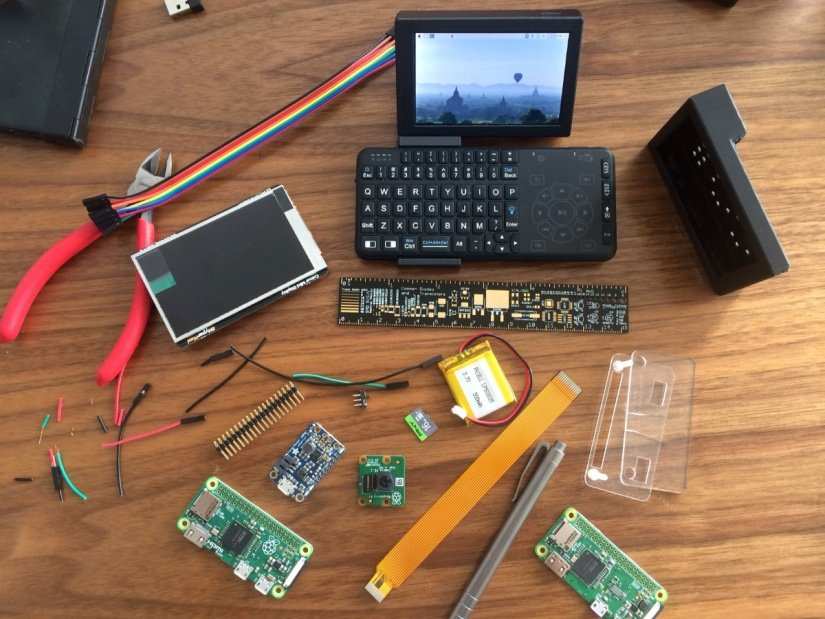
Your Raspberry Pi is so small that it should be mobile by default. But it isn’t – so what are your options? Smartphone battery rechargers can be used to keep a Pi running on the go, but without a display, and a keyboard, it’s a largely unedifying experience.
In your quest to overcome this, you might opt for a Raspberry Pi laptop project ... or you could just go with the NoodlePi, a compact approach to Raspberry Pi mobility. Why use a potentially clunky laptop when you can take your Pi (in this case a Pi Zero) with you in your pocket?
The NoodlePi is the result of a successful Kickstarter campaign, developed by Ashish Gulati. It comes in two packages. One is the kit, featuring a 3D printed unibody shell and other parts, cables, and other non-electronic components, all for $49. The idea with this is that you source your display, camera, battery, Raspberry Pi Zero etc., and build from scratch.
Alternatively, you could opt for the pre-assembled version, for $199. Whichever your preference, you’ll end up with a compact, easily portable device, measuring just 93mm x 60mm x 19mm. However, at its thinnest, the NoodlePi is only 10mm!
Various clips for mounting the NoodlePi on a keyboard (or another device) are also included, which means you could conceivably unpack the computer, boot up and connect it to a keyboard for some on-the-go coding.
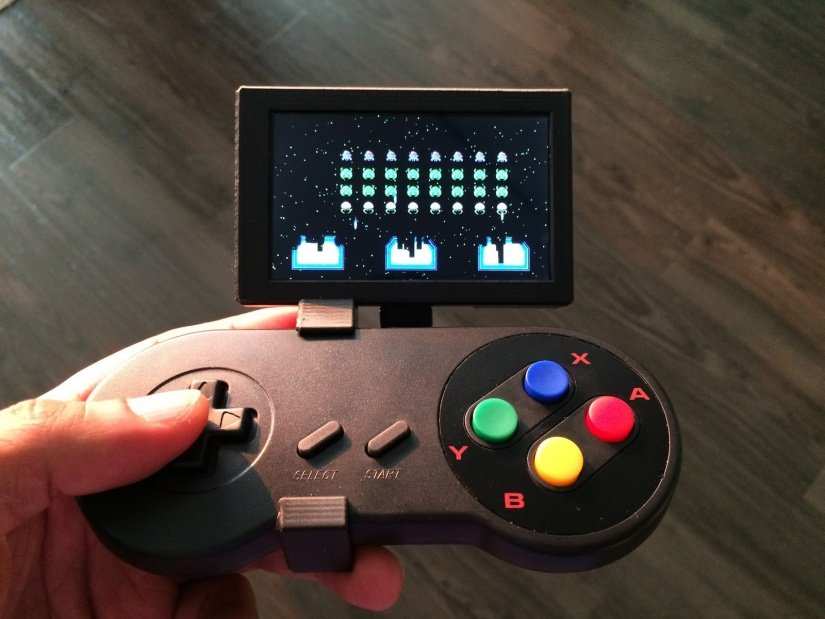
Meanwhile, if you prefer more entertainment-based uses for your Raspberry Pi, the NoodlePi can be paired with a game controller and used to run RetroPie. It makes a great compact retro gaming handheld!
How you use the NoodlePi depends on which version of the Raspberry Pi Zero you use. With the W model, you obviously get a portable device that can be connected to a local network and the internet. But with the original Raspberry Pi Zero, your NoodlePi is air-gapped, and in the words of its developer, becomes a “Noodle Unsnoopable.”
In this form, the NoodlePi is ideal for password storage, secure backups, private notes and photos, and even crypto-currency cold-storage. As portable Raspberry Pi solutions go, this is among the best. Head the NoodlePi website to find out more – we recommend you take the DIY approach!






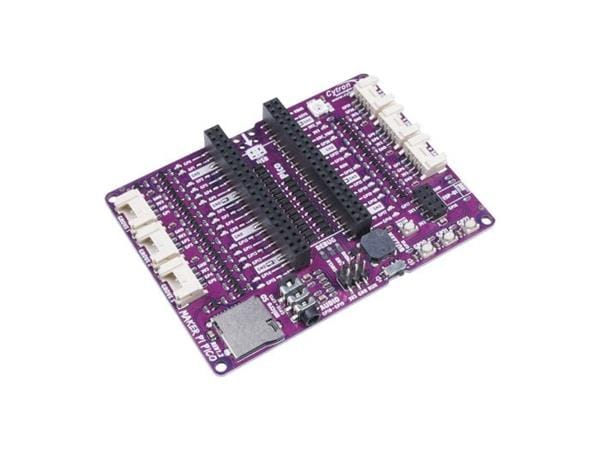
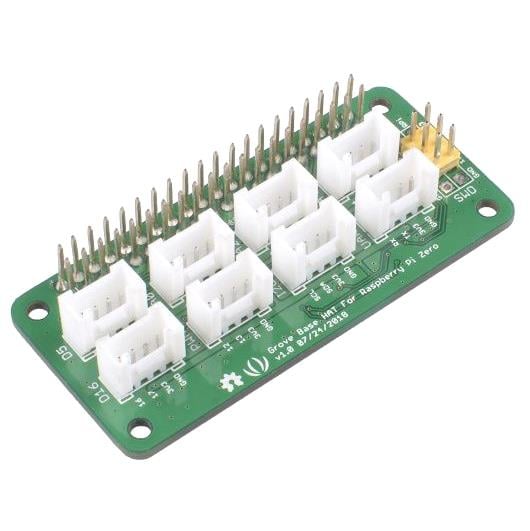
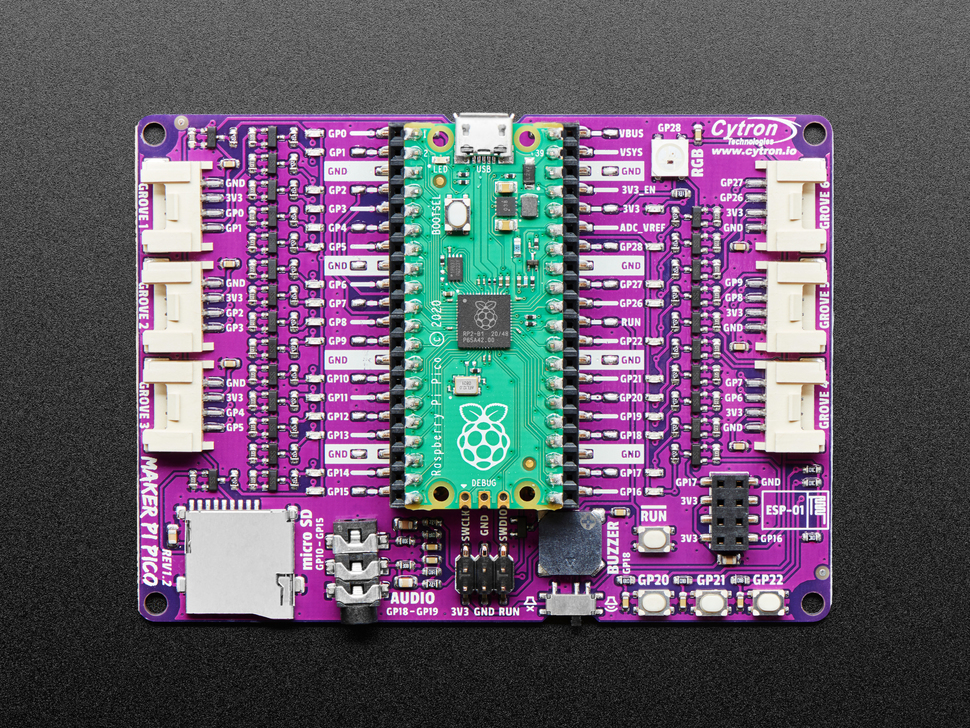
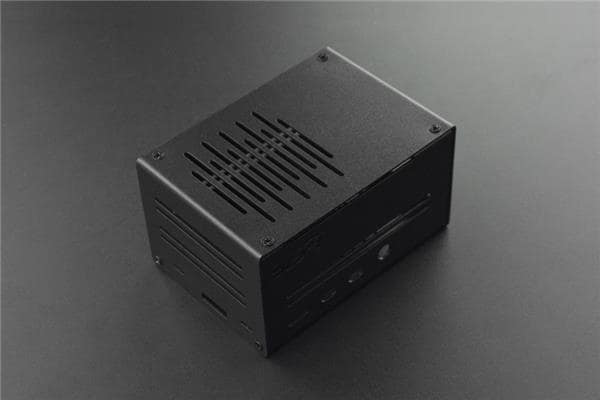
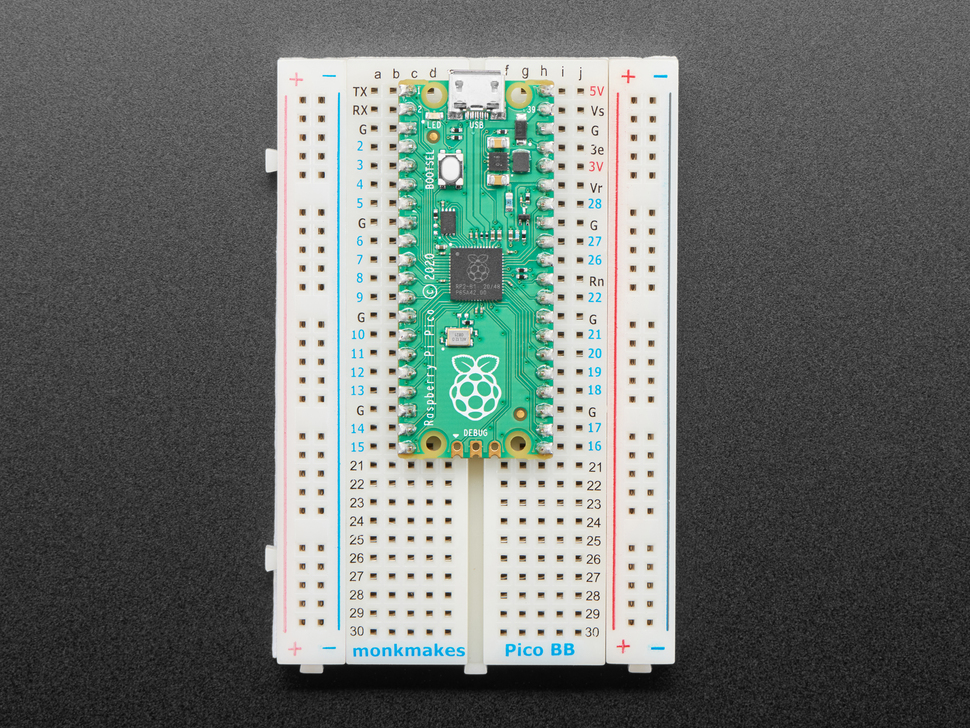
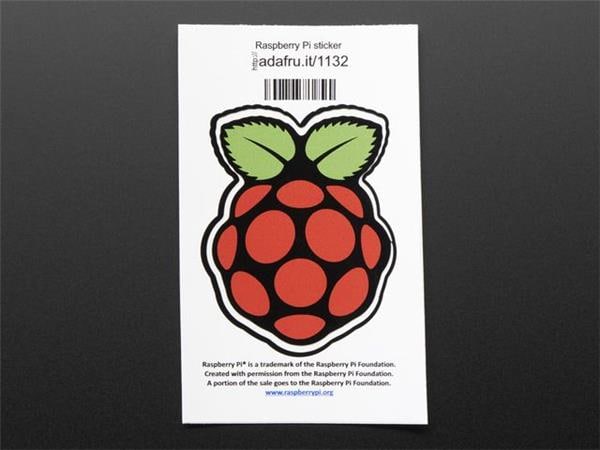

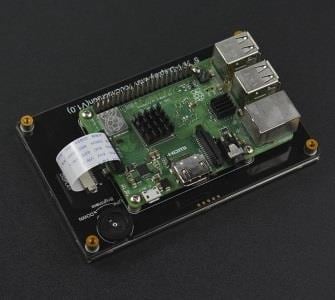

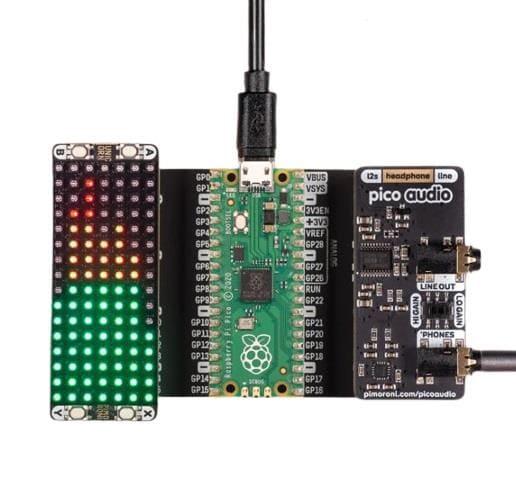

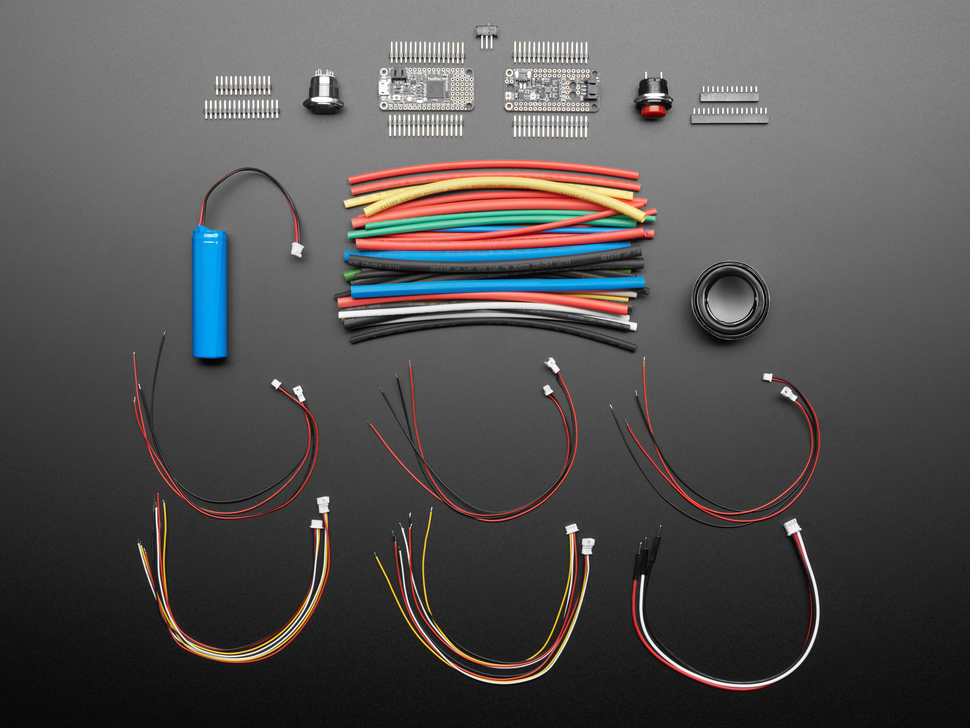
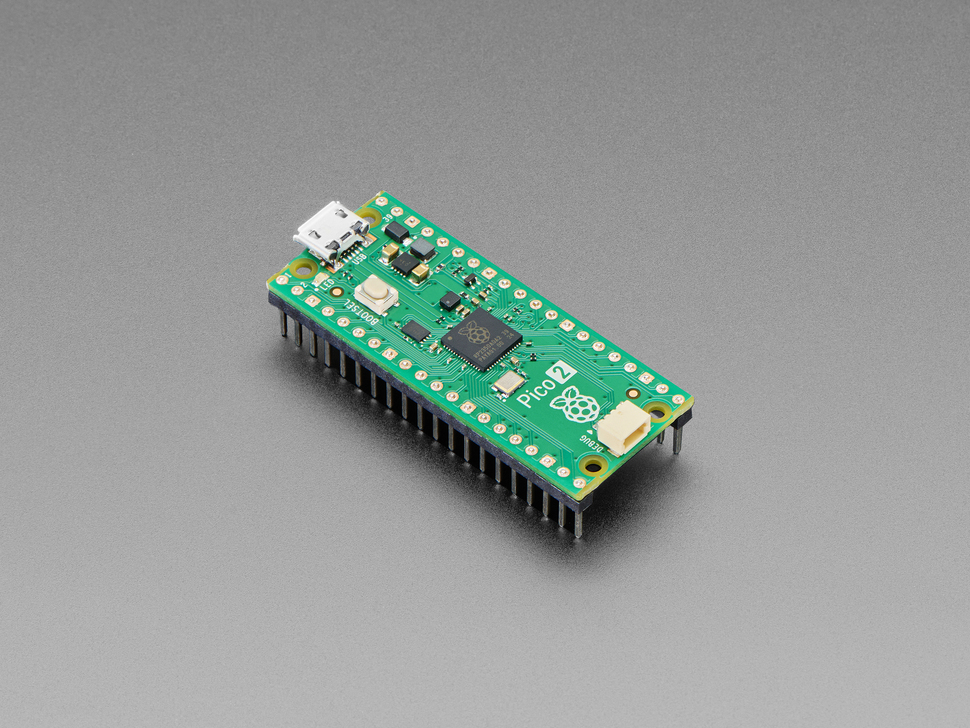
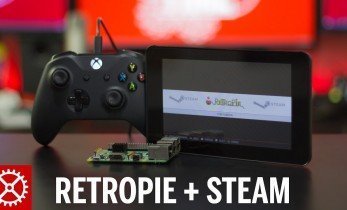
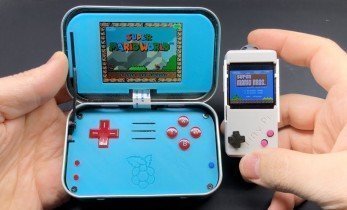
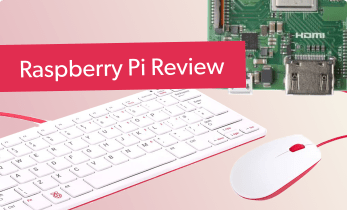



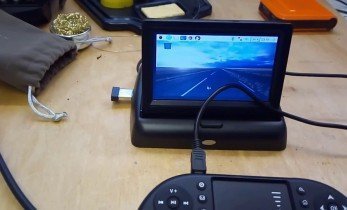

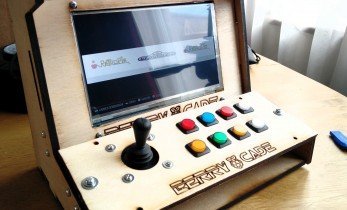



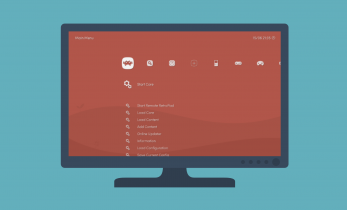

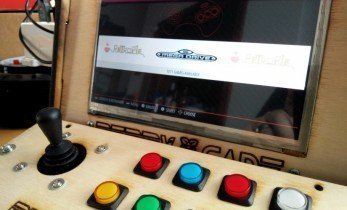

Leave your feedback...